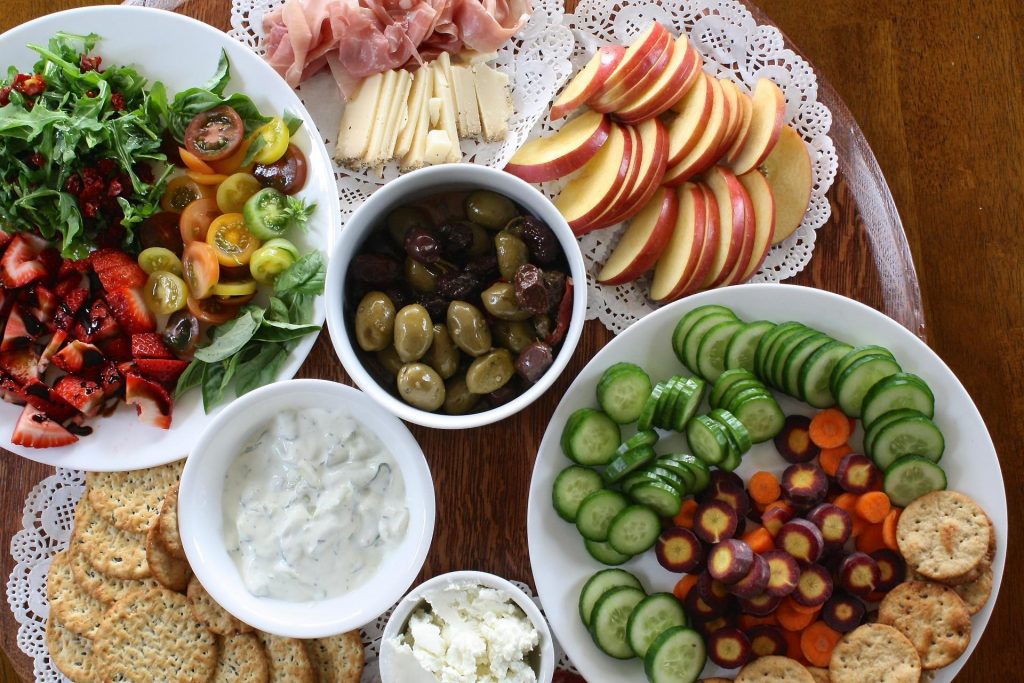The vegetarian diet has many health benefits. It can increase your B12 intake and reduce your risk of heart disease and some types of cancer. If you are new to the world of the meatless living, you may be wondering how to change this in a way that does not leave you feeling deprived or lacking in nutrients. This article will cover the basics of following a vegetarian diet.
Whether you’re just starting a vegetarian diet or have been on one for some time, it can be hard to know where to start. The internet is littered with diet plans, but what are the most effective? How do you make the transition from carnivore to vegetarian? This post gives beginner tips that should help you make the transition easier.
Meal Planning for Vegetarians
As a vegetarian, you know that meals can be challenging to plan and make. But there are some things you can do to make it easier. If you are finding it difficult to plan your meals, there are many meal planning app for weight loss available online that you can make use of.
Start by making a meal plan, so you’re never caught without dinner. You should have at least two days of meals ready in advance and two days’ worth of leftovers. Ensure your fridge is stocked with fruits, vegetables, dairy products, and other staples that are good for you.
Planning meals can help you avoid last-minute grocery store runs and meal prep.
The first step is to make a meal plan. How many meals do you need to prepare each week? How many days will you have off for lunch if you cook dinner every night? Do you need to plan for snacks?
Once you know your meals, it’s time to choose ingredients. You can always replace one ingredient with another if it doesn’t fit into your diet, but try not to change too much at once — your body needs time to adjust!
Dealing with Cravings
When you decide to go vegan, this is one of the first temptations you must overcome. Going meatless is not easy, and it requires strong discipline and convictions. Although this is a difficult temptation to beat, it is not undoable. It takes less than two weeks to do away with it.
One of the ways to avoid cravings when you decide to go vegan is to take away all the animal protein you want to avoid from sight. Please don’t buy them, and don’t stay where it is consumed. Find close alternatives from plant sources; this also depends on the type of proteins you want to avoid.
Finding Restaurants and Recipes
Another challenge you will face when you decide to discard animal-sourced protein is the issue of locating vegetarian-friendly restaurants and finding suitable recipes. Although there are no vegan-friendly restaurants, you can still find restaurants around you that offer vegetarian diets. All you need to do is to do research or ask your fellow vegans for a recommendation.
You can search google using keywords such as “Vegan restaurants near me,” and Google will display all the Vegan restaurants around you. You can read reviews of other users to filter out.
Eating with friends or family who aren’t vegetarian
Eating together with family and friends may be uncomfortable as a vegetarian. In some situations, you may be asked some questions about your choice of diet. So when answering inquiries from family members, learn to be respectable.
Exploring Mock Meats
Mock meat is helpful for former meat-eating vegetarians who miss the gastronomic features of meat and for assisting meat-eaters in transitioning to vegetarianism.
Because fake meat is made from plants, none of these problems apply. Most vegetarians believe that “killing animals for sustenance is bad” rather than “hamburgers and hot dogs are awful.”
Is Protein Suitable for Vegetarians?
Protein is also an essential component of the mechanisms that provide energy and transport oxygen throughout your body in your blood. It also aids in producing antibodies that fight infections and diseases, as well as in maintaining healthy cells and forming new ones.
Takeaway: Vegetarian diets are for everyone, whether you’re thinking about becoming vegetarian, are just starting on this journey, or have been a vegetarian for a long time!
Bottomline
- People choose to be vegetarian for health, environmental, or ethical reasons.
- You don’t need to eat meat to get enough protein. You can get protein from other sources, like nuts and seeds, beans, peanut butter, and soy products.
- Sticking to a vegetarian diet makes you more likely to eat healthy foods like fruits and vegetables, which may help you prevent heart disease and diabetes.
- A vegan or vegetarian diet can be a healthy diet.
Most people are a bit apprehensive about eating a vegetarian diet. The thought of having to avoid meat is enough to strike fear into their hearts. However, eating a vegetarian diet doesn’t have to be complicated or time-consuming. It has some enormous positive benefits.
